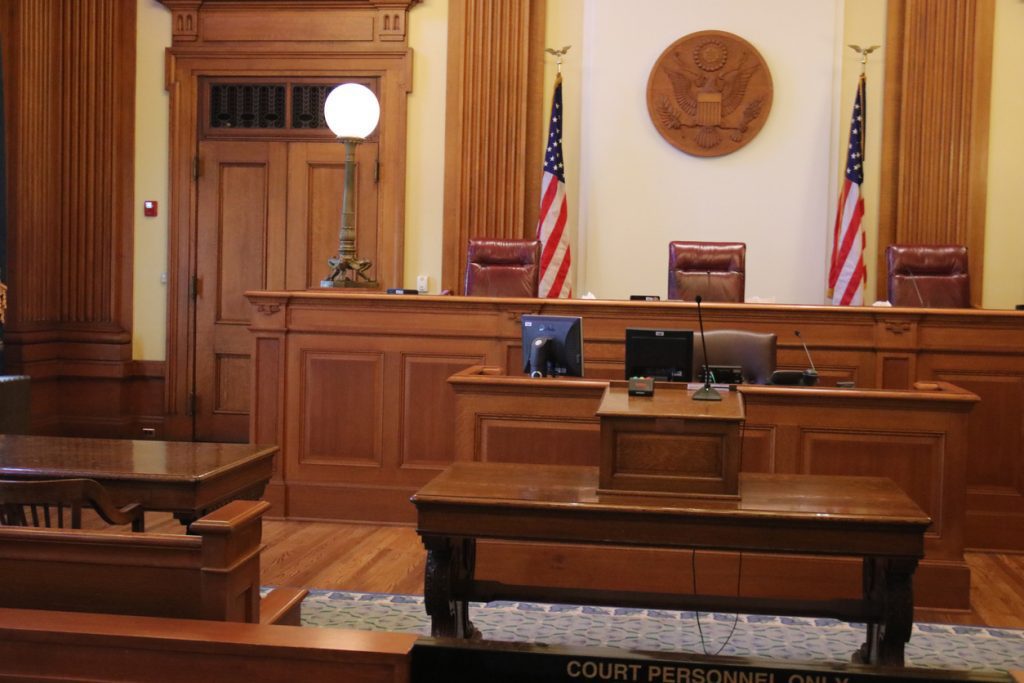The case for using more community service sentences instead of jail or prison (or as part of the overall sentencing package) is strong. If you think you qualify for a community service sentence, you should discuss this option with your attorney before sentencing.
A community service sentence:
- is less expensive to administer,
- helps reduce overcrowded jails and prisons,
- helps reduce re-offending,
- is a less severe restriction of liberty with fewer long-term negative consequences,
- is an option for people who cannot pay fines,
- provides defendants opportunities to give back to the community and
- helps advance the work of charitable corporations and nonprofits.
Community service sentences are part of the state and federal criminal sentencing options. They consist of court-ordered, unpaid volunteer work in the community imposed at sentencing. These sentences are usually imposed in terms of community service hours for people to complete. The defendant works with the court and the probation department to find suitable organizations to work with to complete their sentence.
Community service sentences are unavailable for violent crimes or where mandatory prison time applies. Still, sentencing judges have broad discretion to use community service to reduce a person’s time in prison or avoid it altogether where appropriate.
This option is widely available in misdemeanor cases. Defendants in low-level property crimes, shoplifting, minor fraud and DUI cases often receive community service sentences. So, first-time, nonviolent offenders are good candidates for community service sentences.

How many hours will your serve for community service sentences?
Sentencing judges determine the number of hours of community service a person needs to serve depending on the specific circumstances of their case. As in other cases, the sentencing judge balances the need to punish with the desire to rehabilitate a person, which are the stated goals of criminal sentencing. Also, the judge must consider other components of the sentence, if any, such as fines, probation, restitution and incarceration.
A community service sentence must be reasonable overall. That means the hours imposed cannot be excessive, and the judge must allow sufficient time to complete the sentence, including time for work and family obligations.
A defendant can challenge an excessive number of hours as unreasonable. As with any other aspect of a criminal sentence, community service sentences cannot provide any more significant deprivation of liberty than is reasonably necessary.

What happens if you don’t complete community service sentences?
A community service sentence is part of a criminal conviction. Anyone sentenced to community service who does not complete the mandated hours is subject to arrest for contempt of court. Upon arrest, the court may not give them time to complete their community service and can impose jail or prison time as well as costs and fines.
Depending on the reasons for noncompliance, the possible outcomes range from incarceration to an extension of time on probation. None of the potential consequences are good and should be avoided at all costs.
A finding of contempt of court (defying or disregarding a court order) can result in prison time. In this scenario, additional punishment can include fines in addition to incarceration. In a less severe alternative, the judge can reinstate court costs and fines that the court had previously dismissed without imposing prison time. More extended periods of probation are likely. More community service hours are likely to be added to the sentence.
The Takeaway:
Community service sentences as an alternative to jail or prison can be a win-win situation for the defendant and the community. Even so, remember that it is part of a criminal conviction. Defendants must complete their community service, or they may suffer severe consequences.






